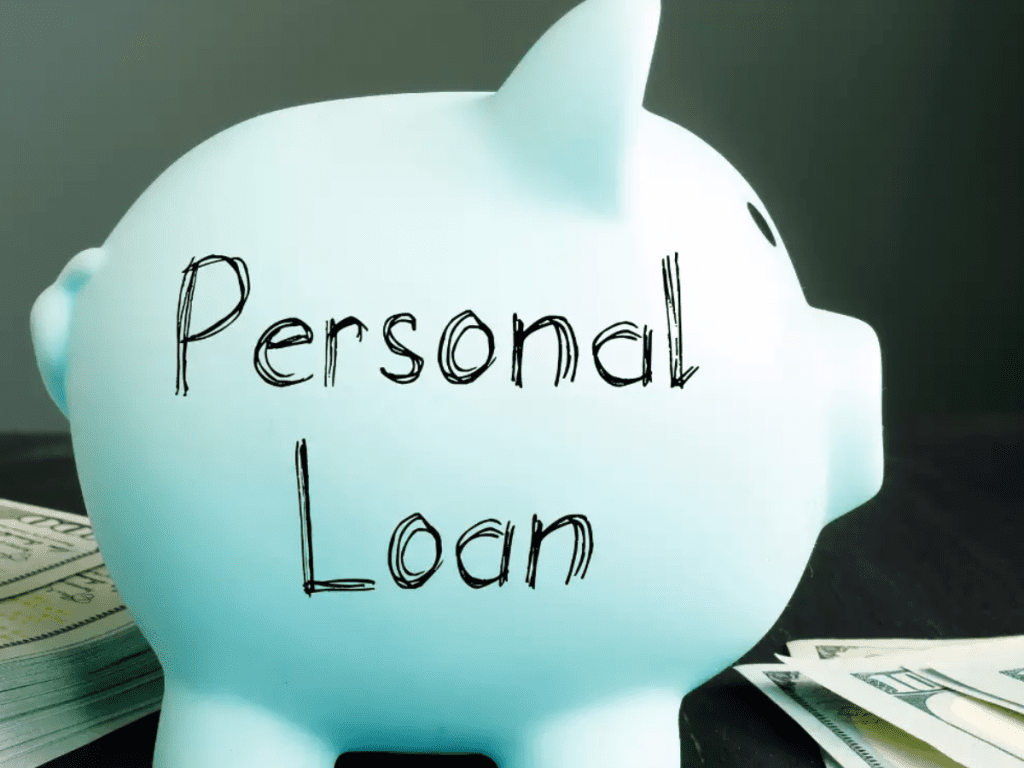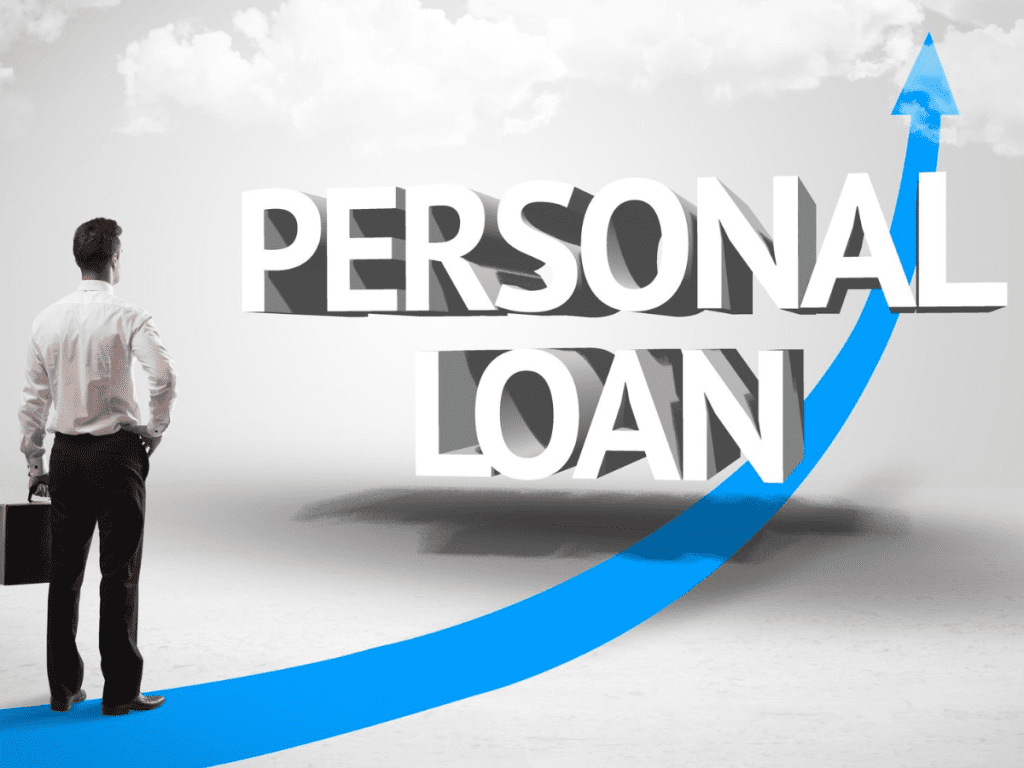Introduction
Emergencies, whether medical, financial, or personal, can strike without warning, often leaving us in a difficult and stressful situation. When faced with an emergency, it is crucial to have a financial plan that can help us navigate the situation effectively. Personal loans are one of the most commonly considered options for managing emergency expenses, providing quick access to cash and a structured repayment plan. However, like all financial products, personal loans come with their own set of advantages and disadvantages. In this article, we will explore the pros and cons of using personal loans for emergencies to help you determine whether it’s the right choice for you.
What Is a Personal Loan?
A personal loan is an unsecured loan, meaning it doesn’t require any collateral such as property or a vehicle to secure the loan. Lenders provide these loans to individuals based on their creditworthiness, income, and financial standing. The loan amount, interest rate, and repayment terms can vary depending on the borrower’s credit profile and the lender’s policies. Personal loans are typically repaid in fixed monthly installments over a set period, which can range from one to five years.
Personal loans can be used for a wide range of purposes, including medical expenses, home repairs, debt consolidation, and, of course, emergencies. When an unexpected situation arises, such as a car breakdown, a sudden medical bill, or urgent home repairs, a personal loan can provide the necessary funds to cover the expenses.
Pros of Using Personal Loans for Emergencies
1. Quick Access to Funds
One of the primary reasons why people turn to personal loans during an emergency is the speed at which they can be accessed. Unlike other forms of credit, such as home equity loans or lines of credit, personal loans generally require less paperwork and can be approved quickly. Many lenders offer online applications, which can be completed in a matter of minutes. In some cases, funds can be disbursed within a few days, allowing you to manage your emergency expenses in a timely manner.
2. Fixed Interest Rates and Predictable Payments
Personal loans typically come with fixed interest rates, which means your monthly payment will remain the same throughout the term of the loan. This predictability can be helpful when managing a financial emergency, as it allows you to plan your budget without worrying about fluctuating interest rates. Fixed payments can make it easier to stick to a repayment schedule, reducing the risk of missed payments and additional fees.
3. No Collateral Required
Since personal loans are unsecured, they do not require you to put up any assets as collateral. This is an advantage compared to secured loans, such as home equity loans or car loans, where the lender can seize your property if you fail to repay the loan. With a personal loan, you do not risk losing your home or vehicle, making it a safer option in certain situations.
4. Flexible Loan Amounts
Personal loans are available in various amounts, from a few hundred dollars to tens of thousands. This flexibility allows you to borrow only the amount you need to cover your emergency expenses. Whether you need a small loan to pay for a medical emergency or a larger one to fix a broken furnace, personal loans can accommodate a wide range of financial needs.
5. Debt Consolidation Potential
In some cases, people may take out a personal loan to consolidate multiple debts, including credit card balances, medical bills, or other loans. By consolidating your debts into a single loan, you can simplify your financial situation, reduce the number of creditors to deal with, and potentially lower your overall interest rate. This can be particularly helpful if the emergency has left you with multiple outstanding debts that you are struggling to manage.
6. Impact on Credit Score
If you manage your personal loan responsibly by making on-time payments, it can positively impact your credit score. A personal loan adds to your credit mix and demonstrates your ability to handle credit responsibly, which can be beneficial for your overall credit profile. However, this benefit can only be realized if you commit to repaying the loan as agreed.
Cons of Using Personal Loans for Emergencies
1. Interest Rates Can Be High
While personal loans generally offer fixed interest rates, these rates can still be relatively high, especially for borrowers with less-than-perfect credit. The interest rate you receive will depend on your credit score, income, and financial history. If your credit is not stellar, you may be offered a loan with a high interest rate, which could make repaying the loan more expensive over time.
It is important to shop around and compare interest rates from different lenders to ensure you are getting the best possible deal. Additionally, some lenders may charge higher rates for smaller loans or loans with shorter repayment terms, so it is essential to consider all factors when choosing a personal loan.
2. Fees and Penalties
In addition to interest rates, personal loans may come with various fees and penalties that can increase the overall cost of borrowing. Some common fees include origination fees (charged for processing the loan), late payment fees (if you miss a payment), and prepayment penalties (if you pay off the loan early). These fees can add up quickly and make an emergency loan more expensive than initially anticipated.
It is crucial to carefully read the terms and conditions of the loan agreement to ensure you understand all fees associated with the loan. Look for lenders that offer no-fee loans or those with minimal fees to keep the cost of borrowing as low as possible.
3. Debt Trap Risk
One of the biggest risks of using a personal loan to manage an emergency is the potential to fall into a debt trap. If you are unable to repay the loan according to the terms, you may be forced to take out additional loans to cover the payments. This can lead to a cycle of debt that is difficult to break, particularly if you continue to borrow to cover previous loan payments.
Before taking out a personal loan, assess your financial situation to determine whether you will be able to repay the loan within the agreed timeframe. It is also advisable to create a budget and set aside emergency savings to prevent relying on credit during future emergencies.
4. Impact on Credit Score if Not Managed Properly
While managing a personal loan responsibly can improve your credit score, failing to make timely payments can have the opposite effect. Missing payments or defaulting on the loan can significantly damage your credit score and make it more difficult to obtain credit in the future. A lower credit score could result in higher interest rates on future loans or difficulty qualifying for credit.
If you are already dealing with a financial emergency, adding the stress of a damaged credit score can compound the problem. If you are concerned about managing the loan, consider seeking financial advice or speaking to your lender about possible repayment alternatives.
5. Repayment Periods Can Be Long
Personal loans typically have repayment terms ranging from one to five years. While this can make monthly payments more manageable, the longer repayment period means you will be paying interest for a more extended period, which can increase the total cost of the loan. If your emergency expenses are small and temporary, you may find it difficult to justify taking on a loan with a long repayment term.
Before taking out a personal loan, calculate the total cost of the loan over its life, including interest and fees. Compare this to the cost of other borrowing options, such as credit cards or lines of credit, to determine whether a personal loan is the most cost-effective solution.
Alternatives to Personal Loans for Emergencies
While personal loans are a popular choice for managing emergencies, they are not the only option available. Depending on the nature of the emergency and your financial situation, you may want to consider the following alternatives:
- Emergency Savings: If you have an emergency fund, this can be the most cost-effective way to cover unexpected expenses without taking on debt. An emergency savings account can provide peace of mind, knowing that you have funds set aside for life’s surprises.
- Credit Cards: If your emergency expenses are small, using a credit card with a low interest rate may be a viable option. Some credit cards offer 0% introductory APR for balance transfers or purchases, which could allow you to avoid interest for a period.
- Borrowing from Family or Friends: If possible, borrowing from family or friends can be a less expensive alternative to a personal loan, especially if they offer favorable repayment terms and no interest.
- Home Equity Loan or Line of Credit: If you own a home and have built equity, a home equity loan or line of credit can offer lower interest rates than a personal loan. However, this option involves using your home as collateral, so it carries additional risk.
Conclusion
Personal loans can be an effective tool for managing emergencies, offering quick access to funds and predictable repayment terms. However, they are not without their drawbacks, including high interest rates, fees, and the potential for falling into a cycle of debt. Before choosing a personal loan for an emergency, it is essential to evaluate your financial situation, compare loan options, and understand the costs associated with borrowing.
In many cases, personal loans can provide the necessary financial relief during a crisis, but they should be used responsibly to avoid long-term financial challenges. Consider all available options, including emergency savings, credit cards, or borrowing from loved ones, before committing to a personal loan. Ultimately, the best solution will depend on your unique circumstances, and it is always advisable to seek professional financial advice if you are unsure.

